Boiler efficiency ratings tell us how well a boiler turns fuel into heat for our homes, and these ratings help us pick the best boiler to save money on energy bills. The Annual Fuel Utilization Efficiency (AFUE) rating shows what percent of fuel a boiler turns into usable heat. A higher AFUE means a more efficient boiler.
Most new boilers have AFUE ratings between 80% and 95%, and condensing boilers are the most efficient, with ratings over 90%. These boilers reuse heat that would otherwise go to waste. Electric boilers can reach up to 100% efficiency but often have higher running costs due to high electricity prices.
Boiler efficiency ratings can be found on energy labels that use letters from A+++ to G, with A+++ being the best. When shopping for a new boiler, look for one with a high letter grade or AFUE percentage.
Understanding Boiler Efficiency Ratings
Boiler efficiency ratings help us choose the best heating system for our homes, telling us how well a boiler turns fuel into heat.
The Basics of Boiler Efficiency Ratings
Boiler efficiency ratings show how much fuel a boiler uses to create heat, with higher ratings meaning less wasted energy. AFUE stands for Annual Fuel Utilization Efficiency and is used in the US. It tells us the yearly fuel use of a boiler, and a 90% AFUE rating means 90% of the fuel becomes heat.
- High-efficiency boilers: 90% or higher
- Mid-efficiency boilers: 80% to 89%
- Low-efficiency boilers: Below 80%
New rules say gas boilers must be at least 92% AFUE efficient and oil boilers must be 86% efficient.
Types of Boilers and Their Efficiencies
Different boiler types have different efficiency levels. Here are the main types:
- Condensing boilers: The most efficient option, often 90% AFUE or higher
- Combi boilers: Heat water on demand and can be very efficient
- System boilers: Good for homes with more than one bathroom
- Regular boilers: Less efficient and often found in older homes
Impact of Boiler Efficiency on Energy Consumption and Cost
More efficient boilers use less fuel to heat homes and buildings, resulting in lower energy bills and less environmental impact.
Reducing Energy Bills with Efficient Boilers
High-efficiency boilers can cut heating costs significantly, turning more fuel into usable heat. A boiler with 90% efficiency uses 90% of its fuel for heating, so only 10% is wasted. Older boilers may only be 60-70% efficient which means 30-40% of the fuel is wasted. Upgrading to a more efficient model can save hundreds of dollars per year on energy bills.
You can enjoy big savings over time with a high-efficiency boiler, although it might cost more upfront, the energy savings add up fast. Most homeowners earn back the extra cost within a few years through lower heating bills.
Calculating Running Costs and Savings
To figure out boiler costs, look at fuel use and prices, you can then estimate yearly costs by checking energy bills and boiler ratings.
Here's a simple way to compare:
- Find the boiler's efficiency rating
- Check yearly fuel use
- Multiply fuel use by current prices
- Divide by the efficiency rating
This shows how much you spend on heat each year and you can then compare different boilers to see potential savings. Even small efficiency gains can mean big savings on heating bills over time.
Environmental Benefits of High-Efficiency Boilers
High-efficiency boilers help the planet by reducing harmful emissions and helping you use less energy.
Minimizing Carbon Emissions and Climate Impact
High-efficiency boilers burn less fuel to heat our homes, meaning they release fewer greenhouse gases into the air. A modern, efficient boiler can cut carbon dioxide emissions by up to 30% compared to older models. Many new boilers now have special features to burn as much fuel as possible, leading to even lower emissions and less waste.
Less carbon dioxide in the air helps slow down climate change and by using less fuel, these boilers also reduce our need for fossil fuels. This helps protect natural resources and cuts air pollution.
Energy-Efficient Heating and Sustainability
Efficient boilers waste very little energy and turn almost all the fuel they use into heat for your home. This means we need less fuel to stay warm. Using less fuel helps your wallet and the Earth, as widespread adoption would mean much less oil and gas being extracted from the ground. Some new boilers can even work with renewable energy sources like solar thermal panels.
Get in touch to discuss upgrading your boiler to a more energy-efficient one.

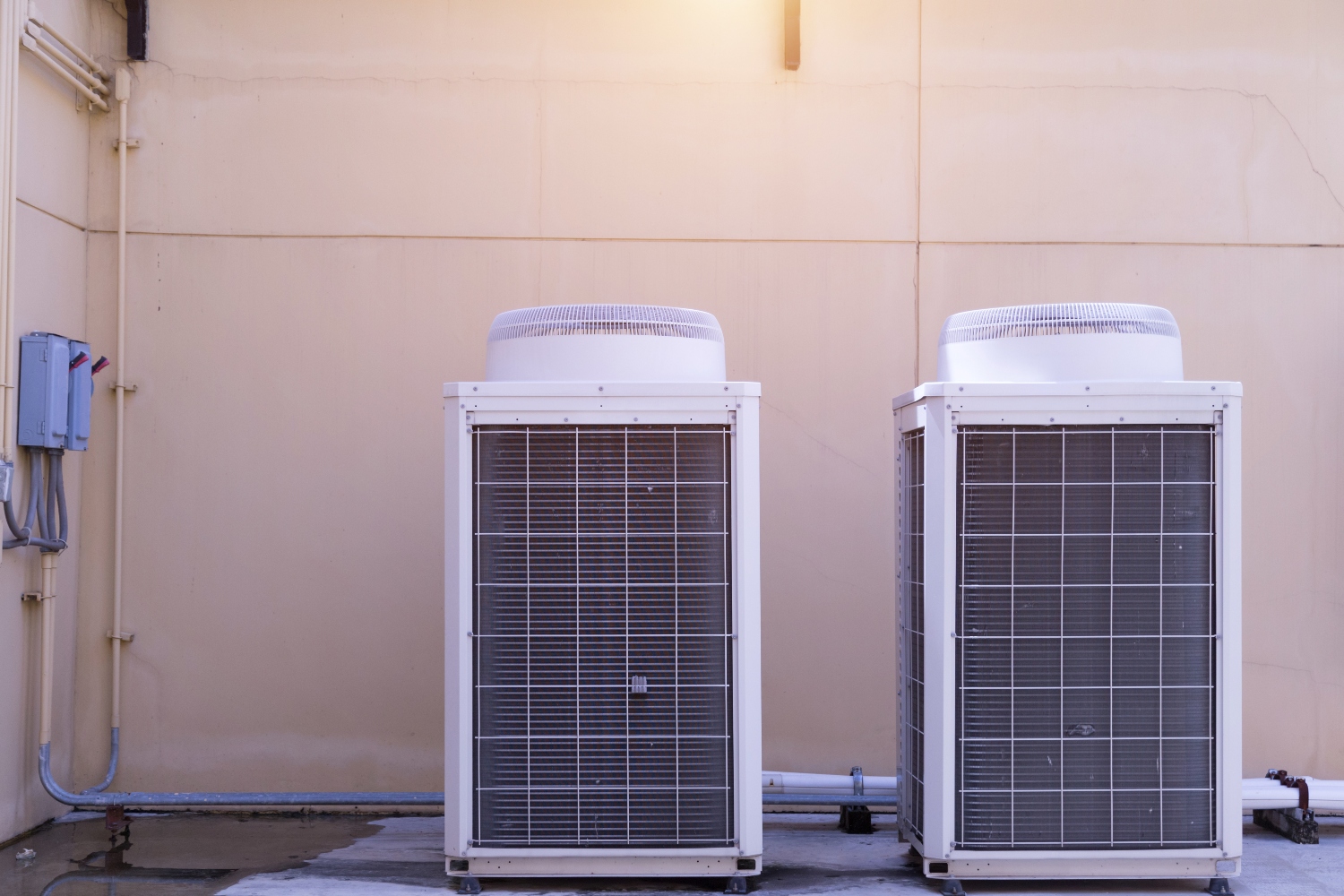
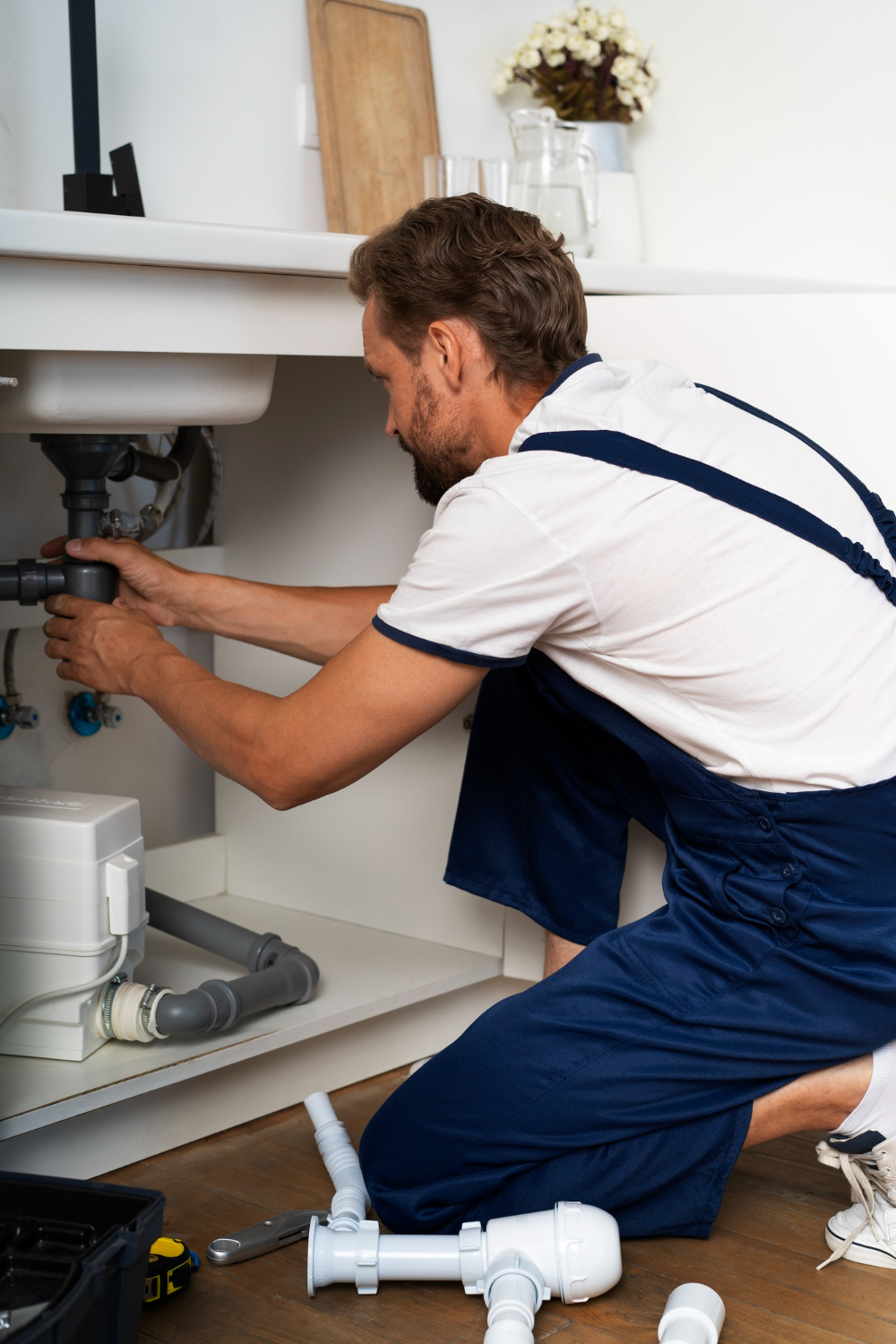
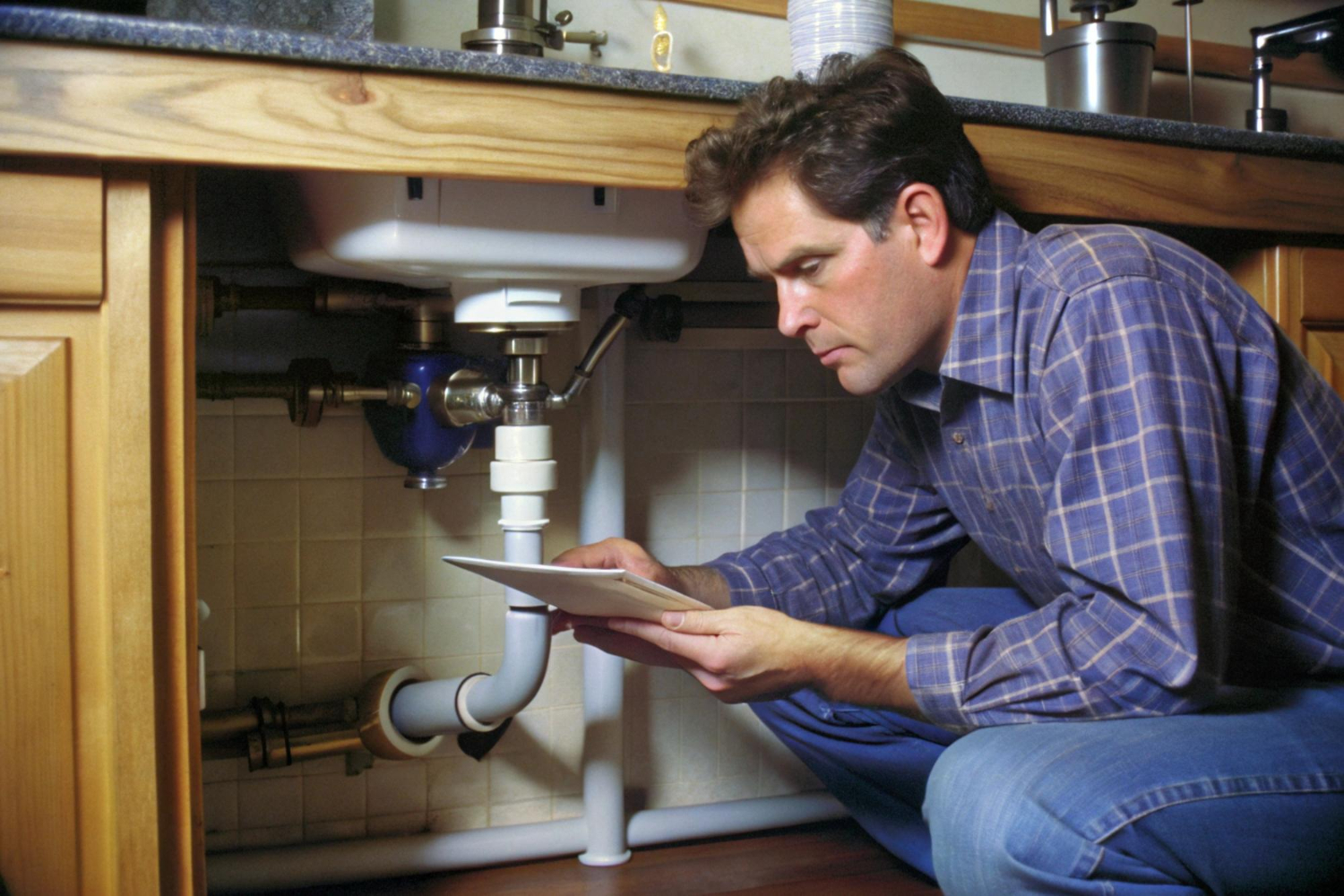
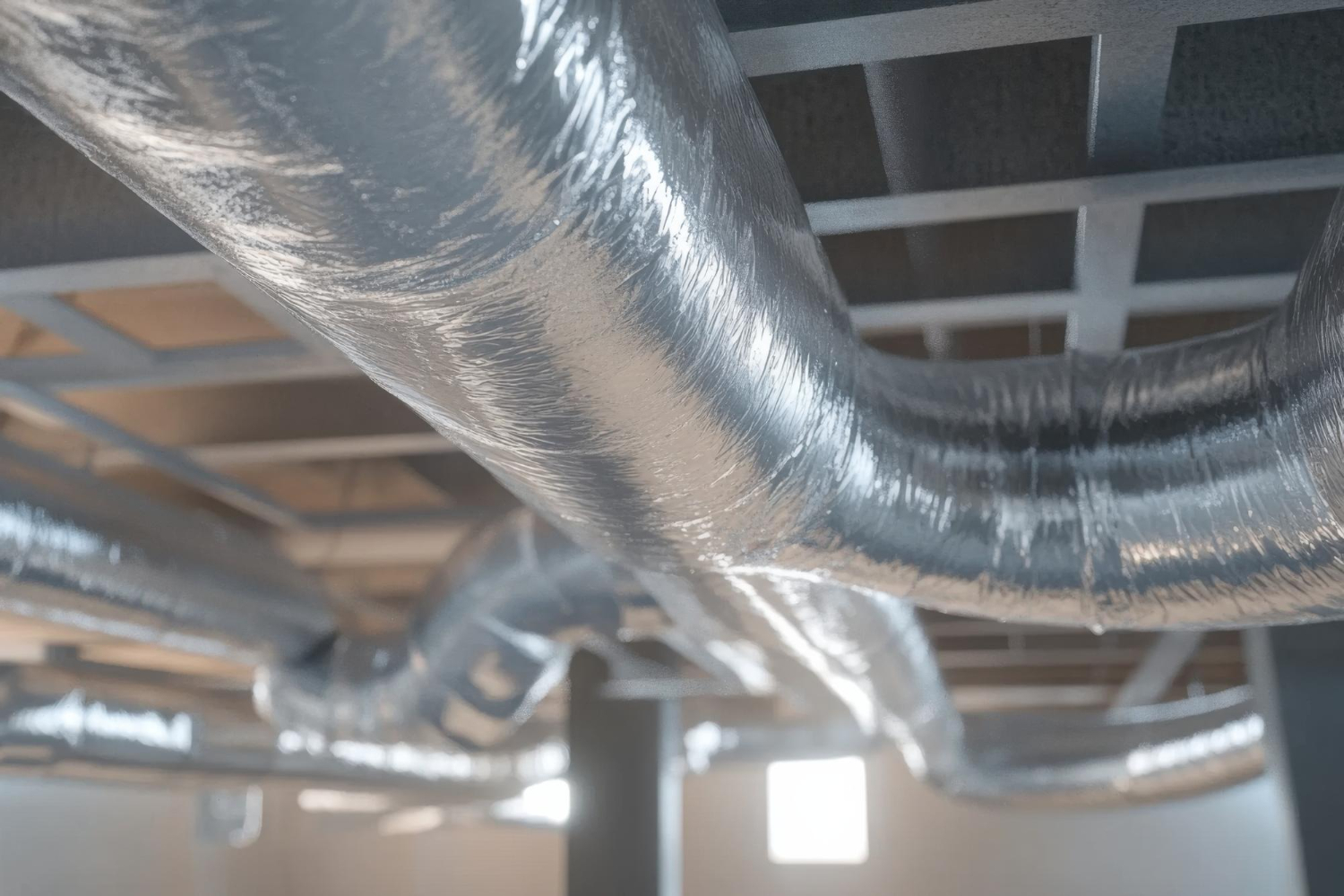
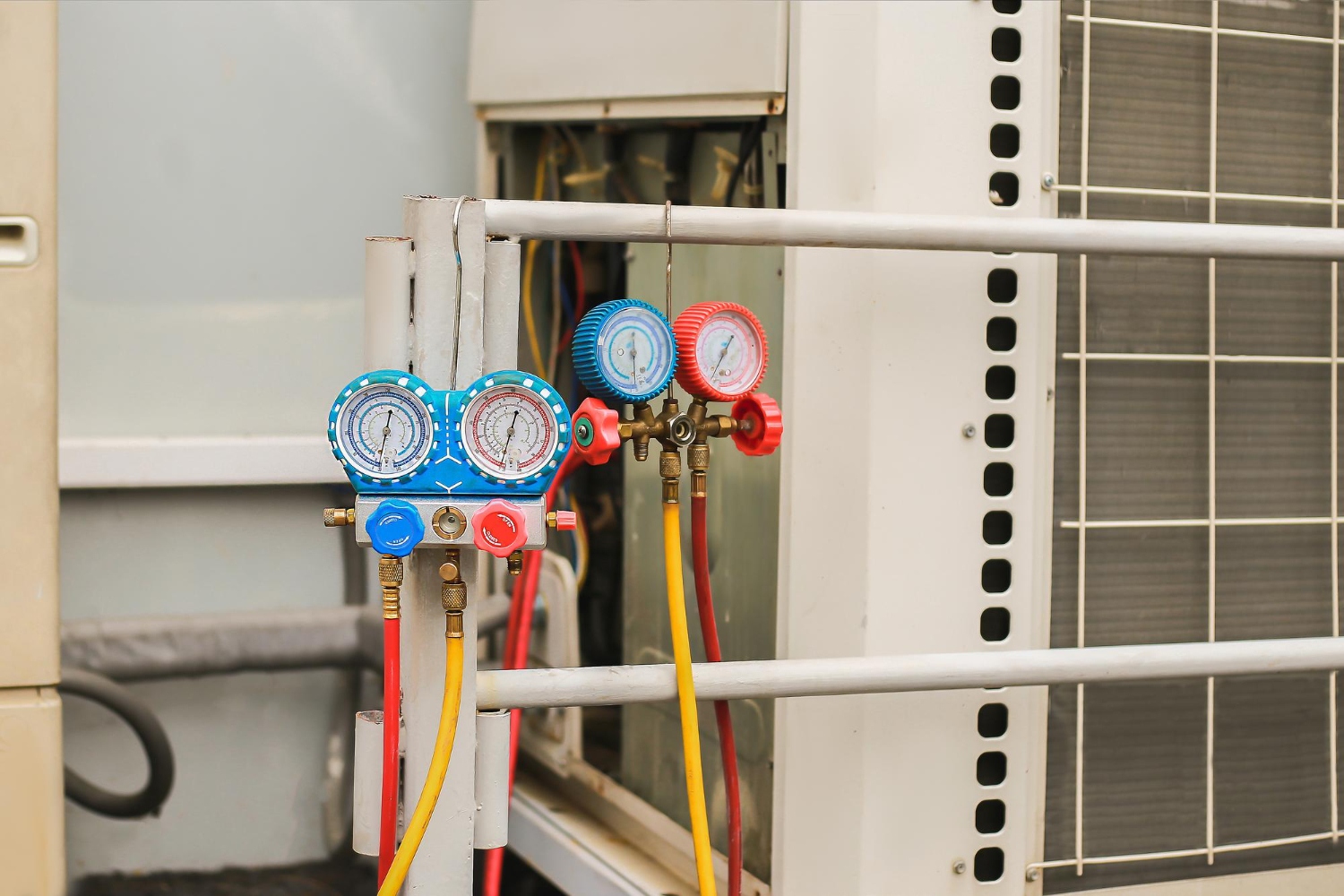
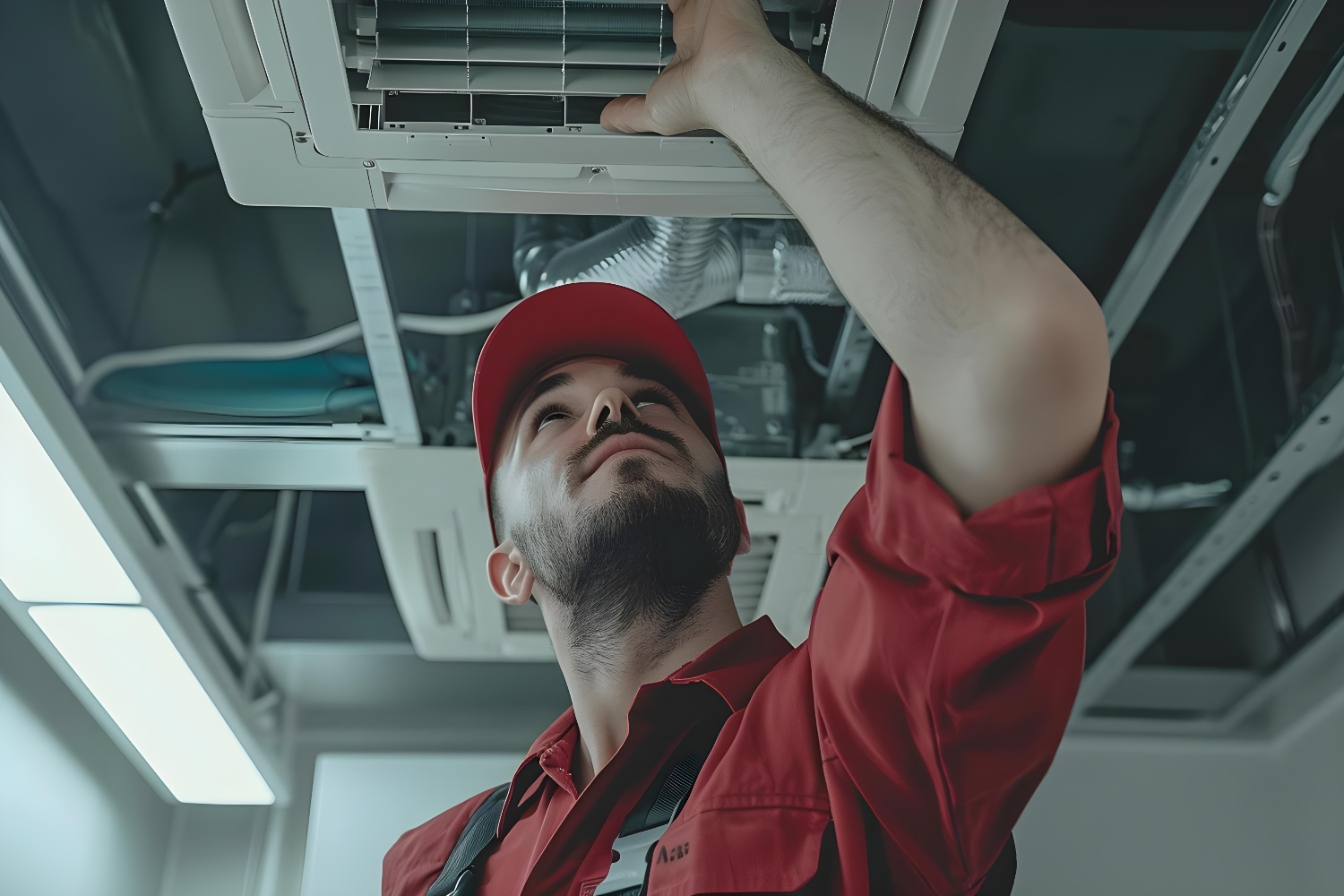
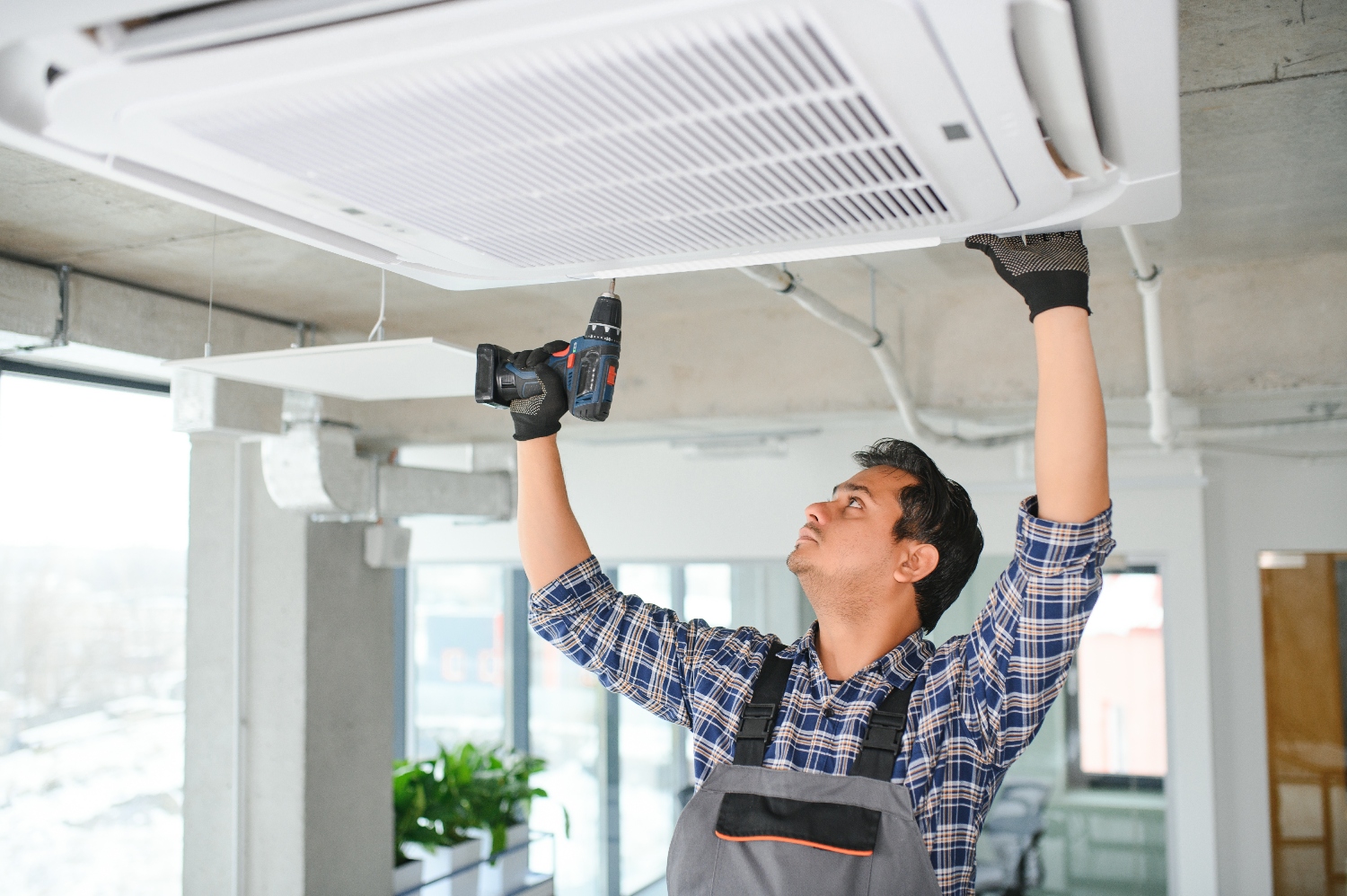
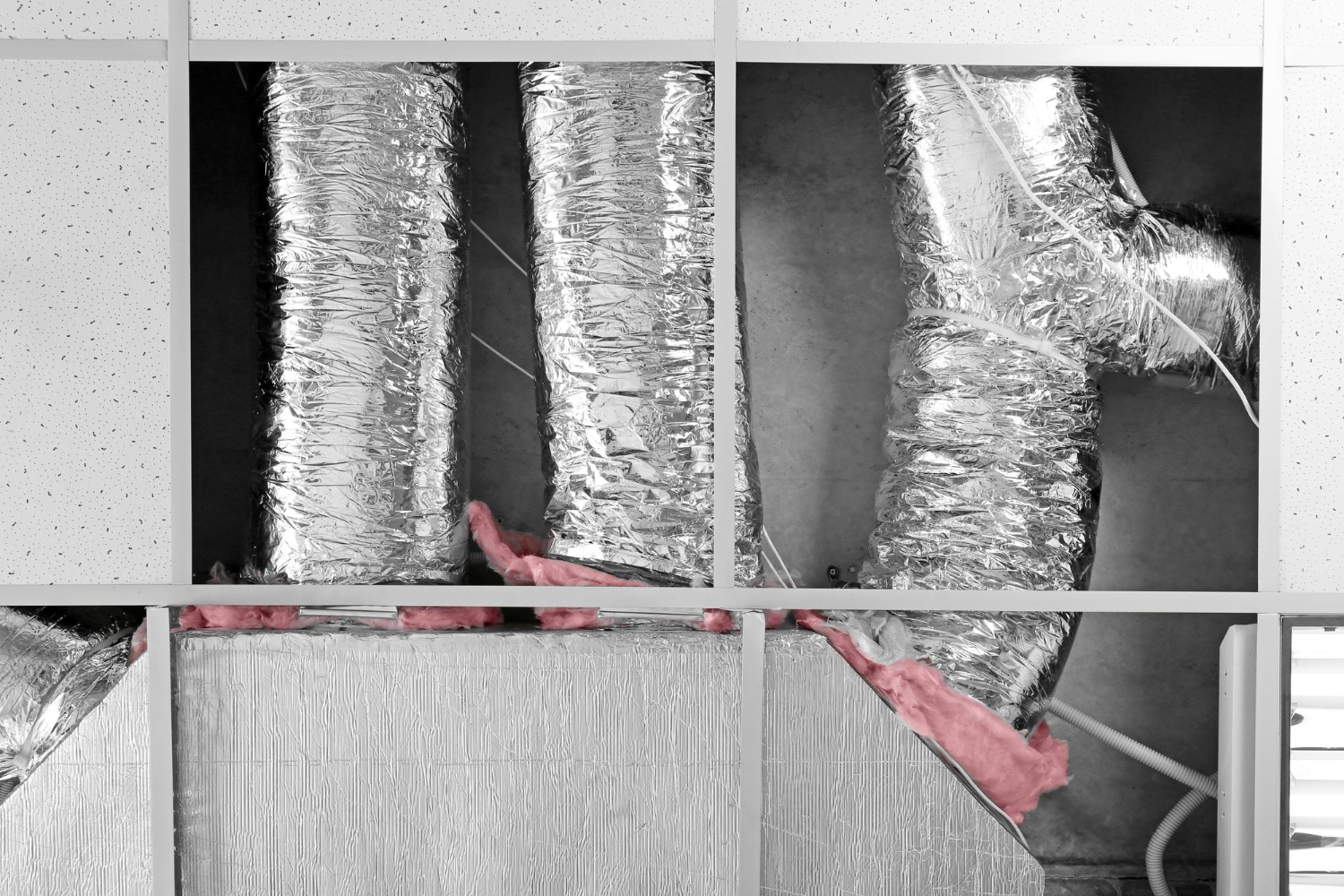































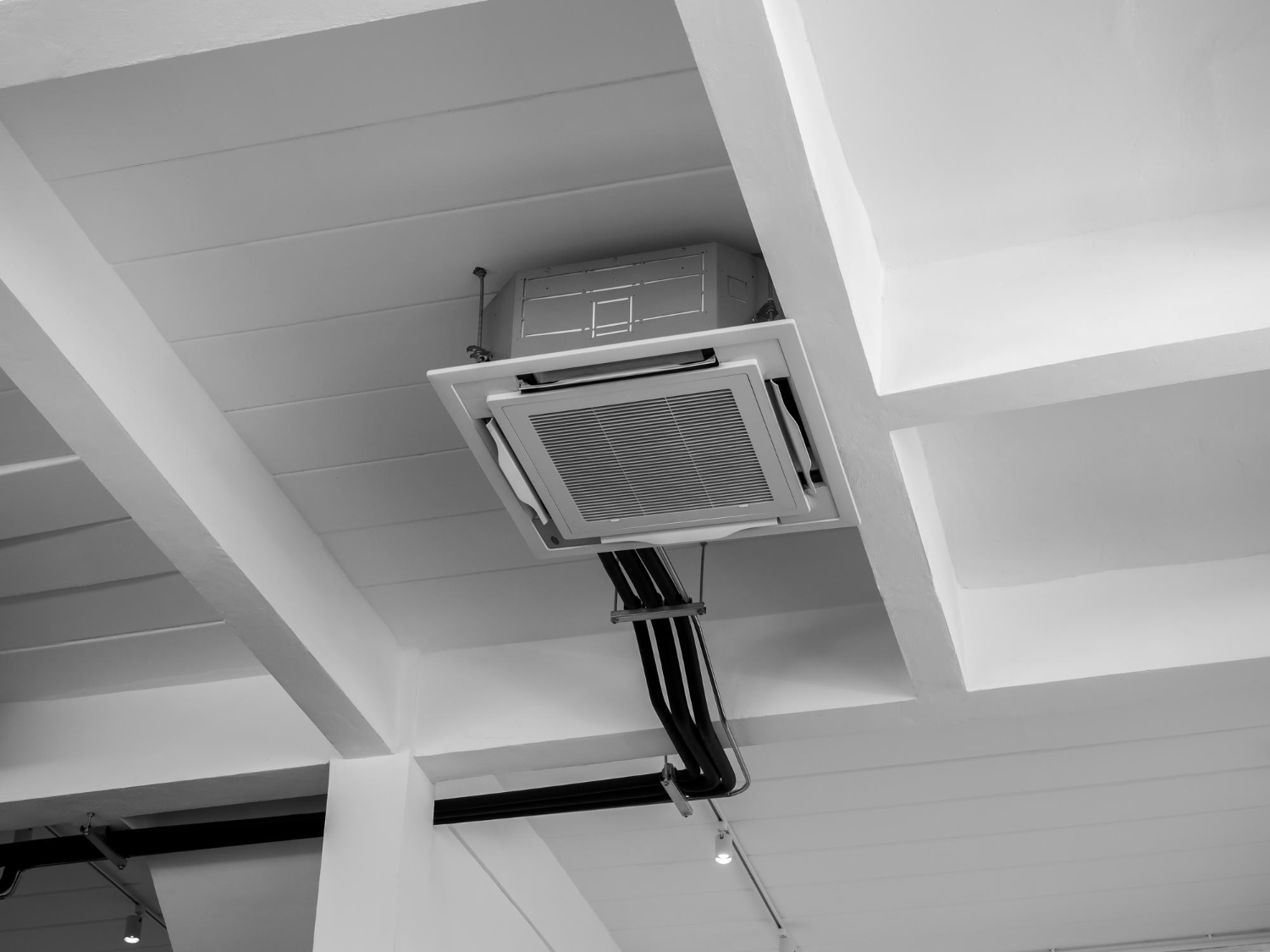




























.jpg)
.jpg)

.jpg)
.jpg)
























